★★★
“Taking the red pill”
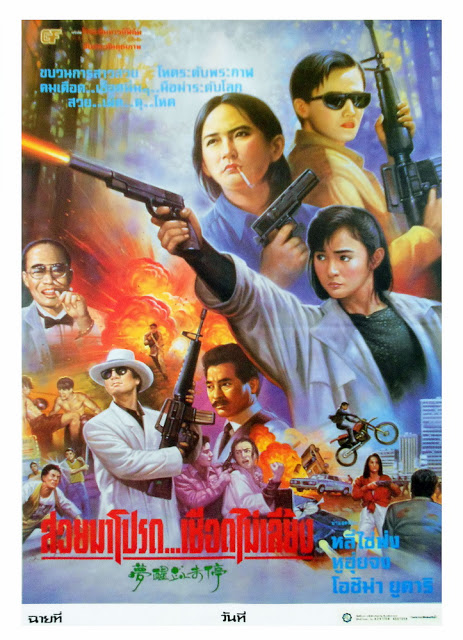 There’s half a good movie here, albeit one which treads some rather familiar territory. It might seem hard to go wrong, with three of the most-renowned Hong Kong action actresses in one place, but as we saw with Avenging Quartet, quantity does not guarantee quality. The main issue is two separate plots, which appear to have strayed in from entirely different movies, and which don’t even cross paths for about an hour.
There’s half a good movie here, albeit one which treads some rather familiar territory. It might seem hard to go wrong, with three of the most-renowned Hong Kong action actresses in one place, but as we saw with Avenging Quartet, quantity does not guarantee quality. The main issue is two separate plots, which appear to have strayed in from entirely different movies, and which don’t even cross paths for about an hour.
In one corner, we have Kat (Oshima) and Silver Fox (Lee), who have been raised by their foster father as assassins. But after one hit results in collateral damage to an unfortunately-timed school bus, Fox starts to have doubts about her career path. They’re dispatched to Thailand to recover a floppy disk containing damaging evidence [Older readers: it wasn’t even one of the little ones, but a full-on 5 1/4″ disk! Younger readers: look “floppy disk” up.]. Fox gets their target, but in the ensuing chase suffers a bout of cinematic amnesia. And that’s where the other plot kicks in. Lan (Hu) is an ex-HK cop who has been trying to keep her brother, Rocky (Lam), out of trouble, despite his ambitions to be a champion kick-boxer. This leads to all kinds of goofy and entirely uninteresting shenanigans, with Lan having to sub for Rocky in one fight, fend off an evil manager, etc.
It’s only after Fox stumbles into Lan’s bar, that things gel, and from then on, it’s an almost ceaseless barrage of gunfire and punches, with some surprising deaths, and all three heroines on top form, particularly Lee and Hu. This makes up for the opening hour, which largely alternates between the “tortured killer” cliché and excruciating comic mugging. The former is preferable, not just because the action is better-staged, but also because Lee and Oshima do get to deliver some interesting lines, which succeed in giving their characters a bit more depth than you’d imagine. When Fox asks Kat, “What would you do if I died?”, her answer is a straightforward yet poignant, “I’d die with you.” But this darkness jars badly with the slapstick elements, and Liu has no idea how to combine them into anything like a coherent whole.
Dir: Tony Liu
Star: Moon Lee, Yukari Oshima, Sibelle Hu, Ben Lam
Here’s the end fight, with Lee going up against Eddie Ko, who plays her foster father.





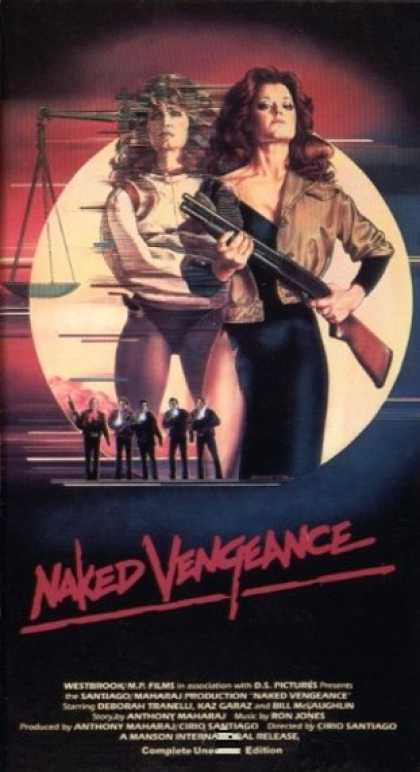

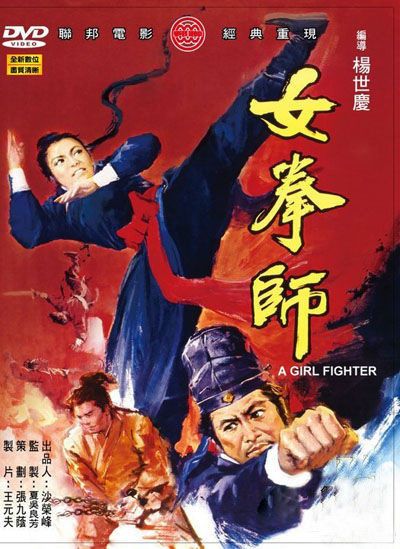

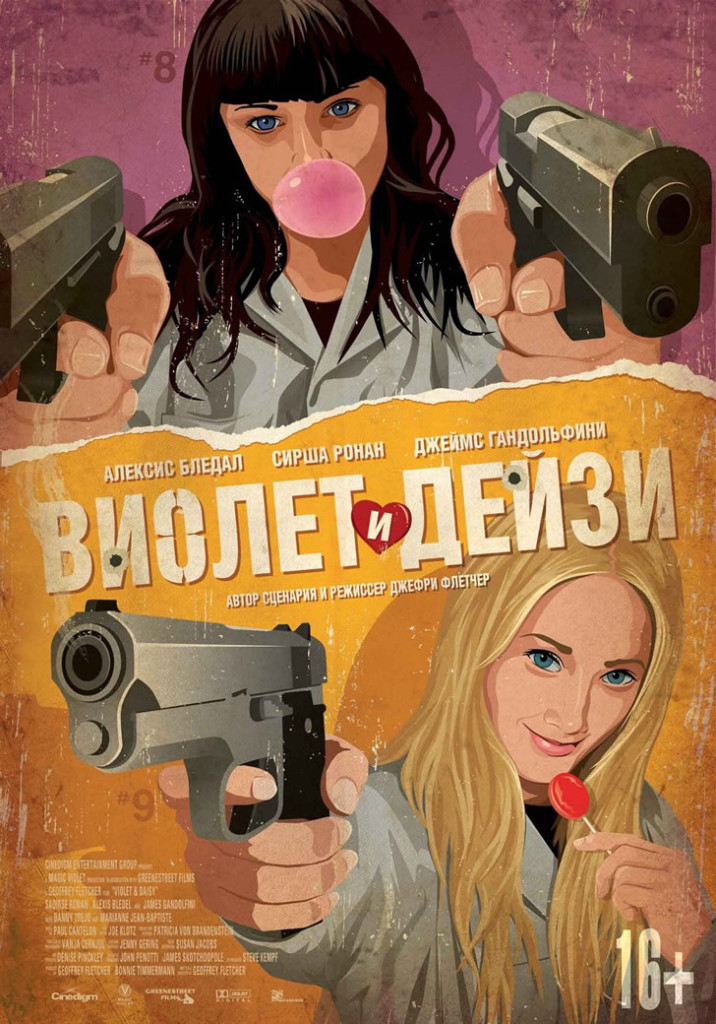
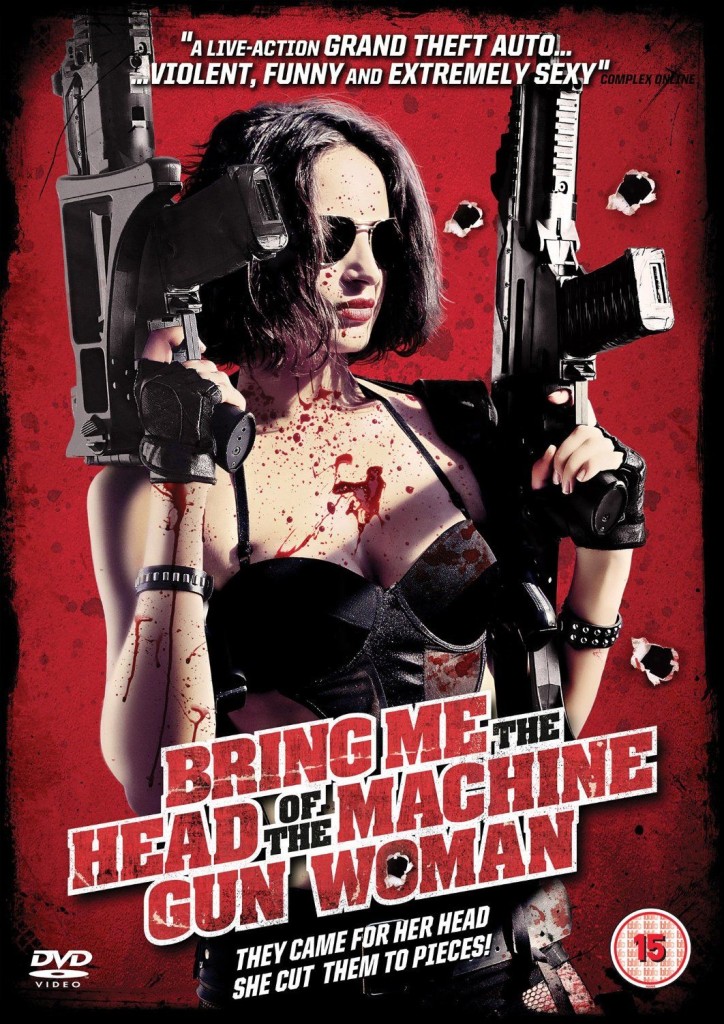
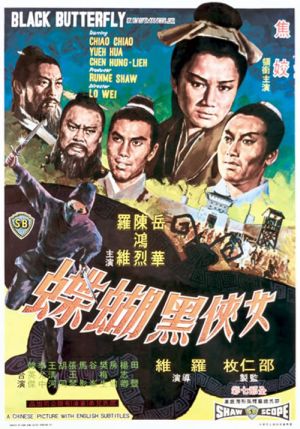
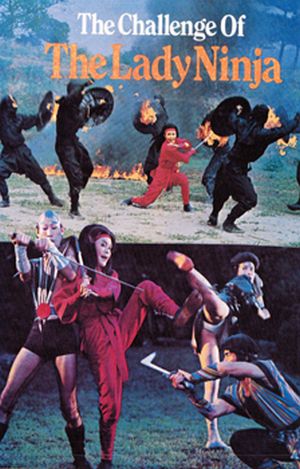
 Confusingly titled in the West, without any indication it wasn’t the first of the rebooted franchise, this perhaps explains why there’s little or no explanation of… Well, anything, really. What is Section Zero? Who is Rei? Where did she come from? “Never mind about that,” seems to be the film’s attitude, “Here are Natsuki Ozawa’s breasts to distract you from such trifles.” That’s particularly the case early on, when it seems Rei is unable to go five minutes without showing them off, whether it’s through being molested, becoming inescapably randy or simply taking a soapy shower (to wash off the blood after a kill, so I guess it’s a shower necessary to the plot – it also replays the intruder shower scene from its predecessor, with a different ending).
Confusingly titled in the West, without any indication it wasn’t the first of the rebooted franchise, this perhaps explains why there’s little or no explanation of… Well, anything, really. What is Section Zero? Who is Rei? Where did she come from? “Never mind about that,” seems to be the film’s attitude, “Here are Natsuki Ozawa’s breasts to distract you from such trifles.” That’s particularly the case early on, when it seems Rei is unable to go five minutes without showing them off, whether it’s through being molested, becoming inescapably randy or simply taking a soapy shower (to wash off the blood after a kill, so I guess it’s a shower necessary to the plot – it also replays the intruder shower scene from its predecessor, with a different ending).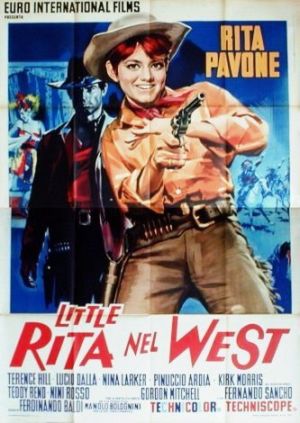 I came into this almost entirely blind, watching it based on the title and the first three minutes off YouTube. You can understand my surprise, after Rita (Pavone) and her German sidekick (Dalla) take out a gang of stagecoach robbers, finishing off by gunning one down in the back, as he lies dazed on the ground, when they… burst into song? Yep, what I didn’t know was, this is actually a musical, designed around the talents of Ms. Pavone, who was apparently a huge pop-star in Italy in the sixties. Hence the songs. Okay, that makes a bit more sense. But it’s still an extremely odd beast, swinging from obvious spoof to apparent seriousness at the drop of a catchy tune.
I came into this almost entirely blind, watching it based on the title and the first three minutes off YouTube. You can understand my surprise, after Rita (Pavone) and her German sidekick (Dalla) take out a gang of stagecoach robbers, finishing off by gunning one down in the back, as he lies dazed on the ground, when they… burst into song? Yep, what I didn’t know was, this is actually a musical, designed around the talents of Ms. Pavone, who was apparently a huge pop-star in Italy in the sixties. Hence the songs. Okay, that makes a bit more sense. But it’s still an extremely odd beast, swinging from obvious spoof to apparent seriousness at the drop of a catchy tune.